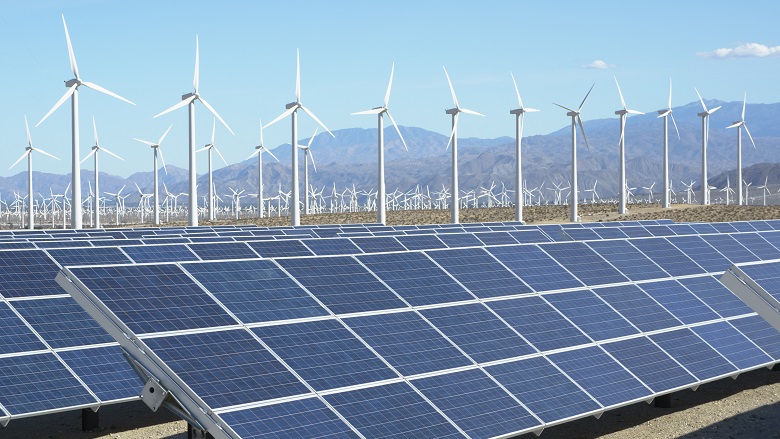Commonwealth Bank of Australia (CBA) has released its first Climate Policy Position Statement, reaffirming our support for a responsible global transition to a net zero emissions economy by 2050.
Our commitment is two-fold:
Decrease the emissions intensity of our business lending; and
Reduce our own emissions.
The statement provides a framework for how we are responding to the challenge of climate change and outlines a number of immediate targets:
Finance $15 billion of low carbon projects by 2025
Source renewable energy for 25% of our power needs by 2020
Reduce emissions per full time employee to 2.0tCO2-e by 2020
Use our high environmental, social and governance standards as a threshold across all lending decisions
Complete a scenario analysis by the end of 2018
These targets build on our Group Environment Policy, which was updated in 2015. In line with that document we have:
Reduced our own emissions by 49% since 2009
Issued the largest Australian dollar climate bond by an Australian bank, worth $650 million
Grown our lending to renewable energy projects to $2.8 billion as of 30 June 2017
Rolled out solar panels across our branches, the first bank to undertake this kind of program
We recognise that our climate commitment needs to evolve and we will set new targets as we approach 2050. In order to inform this, we will undertake scenario analysis, in collaboration with leading experts, which will be completed by the end of 2018.
General Manager of Corporate Responsibility Kylie Macfarlane said that the transition to net zero emissions by 2050 is a major priority for the Bank which will be overseen by the Board of Directors: “Our Climate Commitment represents a real statement of intent and provides us with a framework that will help us define the role we play in keeping global warming to well below two degrees in line with the Paris Agreement.”
“This is our first climate policy position statement, and it will iterate over time. The scenario analysis will ensure that our decisions are grounded in science and economics,” Ms Macfarlane said.
In line with the statement, we will target an average emissions intensity decrease of our business lending portfolio consistent with our commitment to a net zero emissions economy by 2050.
We are already extremely active in supporting the new technologies that will contribute to a sustainable future, including renewable energy sources such as solar and wind, with our lending to these projects totalling $2.8 billion at 30 June 2017.
We have also committed to increasing our lending to low carbon projects, including renewables, low carbon transport, energy efficient buildings and other assets to $15 billion by 2025.
We will also continue to apply our high standards of ESG as a threshold test in all of our lending decisions and we will only consider other lending criteria if we are satisfied that our ESG standards have been met.
We will take a dynamic, fact-based approach to managing climate change, using the best available science and expert judgement as we continue to evolve our position on the issue.
In addition, we plan to continue to improve the transparency of our disclosures around climate change, including adopting the Taskforce on Climate-related Financial Disclosures (TCFD) recommendations.
Our Climate Policy Position Statement can be found here.




